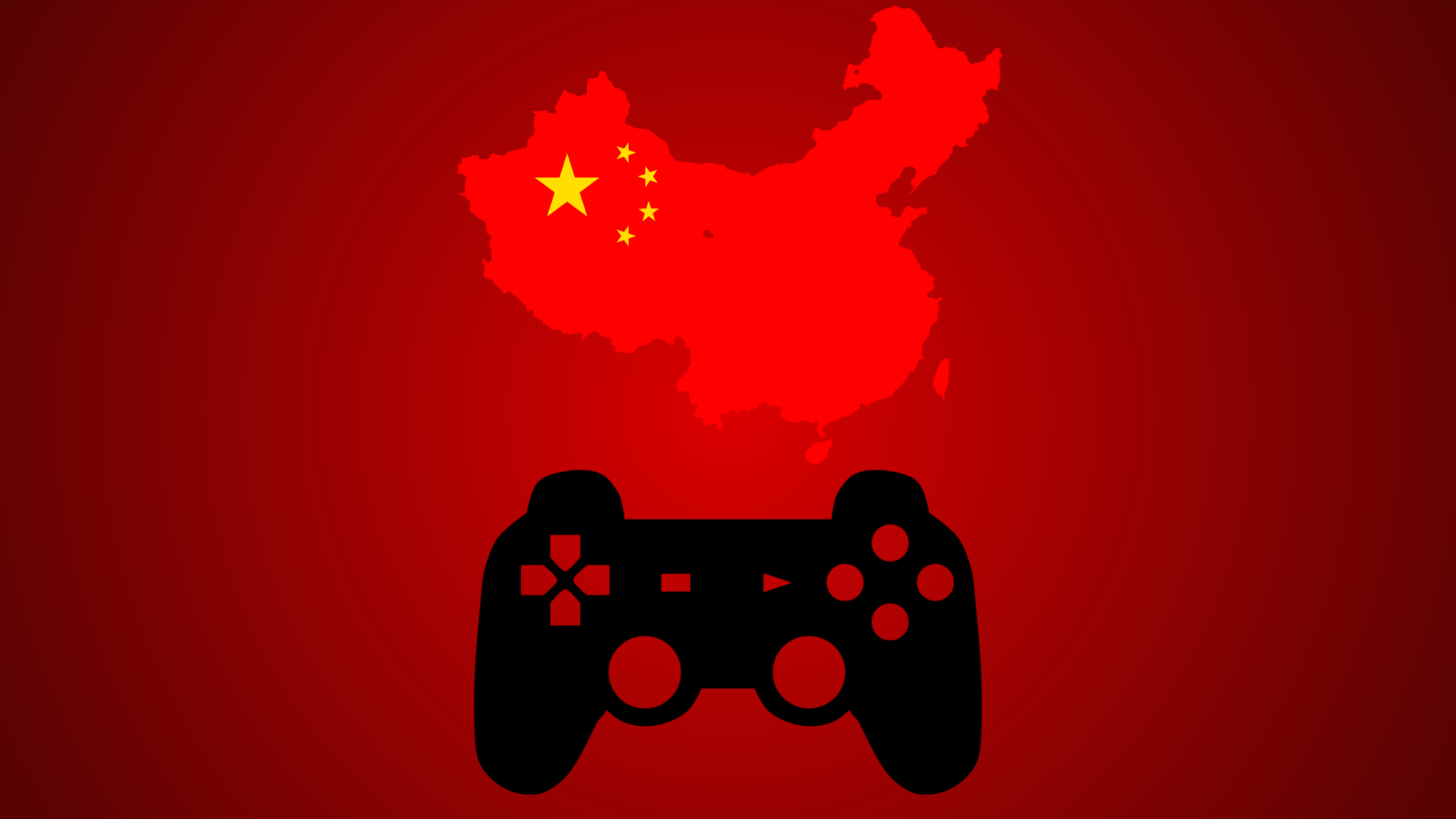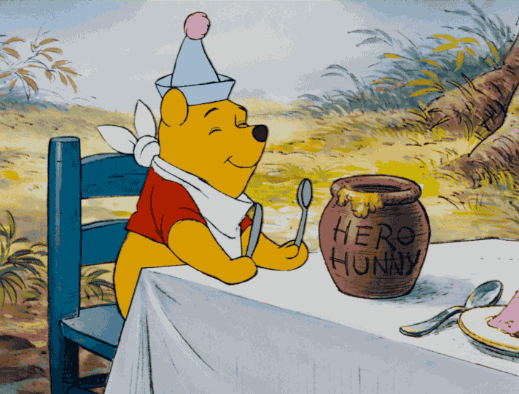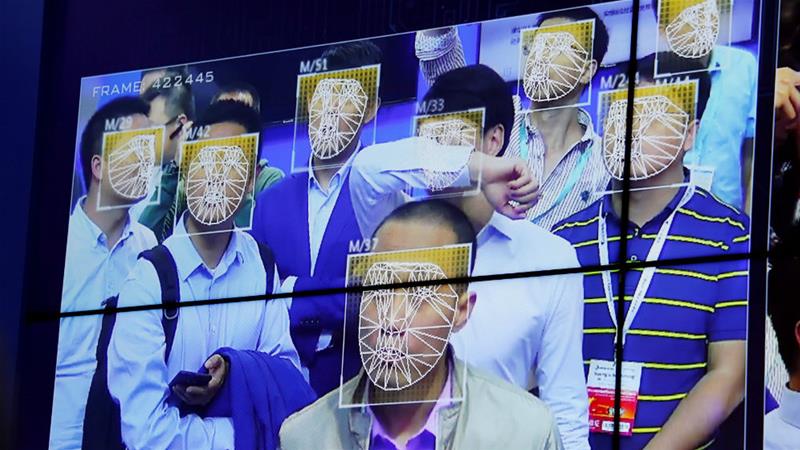

Write what you are looking for and press enter to begin your search!

Live News


China And Video Games: Censorship And Surveillance
 ">
">
By Burhan Zamri|July 26, 2019|0 Comment
This year, almost half of the global games market is dominated by the Asia Pacific region. That market share is represented by an estimated value of US$72 billion in revenue. Out of that amount, China represents US$36 billion. Believe it or not, even with that amount China isn’t the number one games market in the world. It used to be. Now that spot has been reclaimed by the United States which is expected to generate US$39 billion in games revenue this year (via Newzoo).
One of the unique things about gaming in China is that it’s almost like an entirely different industry. From 2000 to 2015, console games were outright banned in China. For 15 entire years, Chinese citizens were not allowed to buy, sell, or own any video game consoles. Comments around the Internet suggests that people would smuggle consoles and games from the U.S. and Hong Kong.

How a typical PS3 game deal went down in China.
The ban was implemented for similar reasons why we see some games being censored in China today. There was a fear that console games would negatively affect the mental and physical development of children and teenagers. Addiction and “less time spent studying” was often cited as the biggest boogeymen in the list.
This is why PC and mobile gaming have become so popular in China. The widespread growth of Internet cafes and the development of cheaper but better-performing Android phones are largely influenced by the gaming landscape of China. Games like League of Legends and World of Warcraft grew exponentially thanks to this.
The World of Warcraft you and I play isn’t the same one that you’ll find in China. Any visible manifestations of “death” are ridiculously censored.
The Undead never have torn flesh so that there are no bones popping out or any visible inner organs. The Death Knight class is changed to Fade Knight. A skill named “Death and Decay” has to be called “Fade and Decay” instead. It’s super weird and that’s just the tip of the iceberg.

“This giant snake skull is far too graphic, make it something just a bit tamer. Like a potato.” (Image from here)
Not too long ago we saw Rainbow Six Siege suffering from a major backlash after censoring some aesthetic elements to comply with Chinese rules.
Among other things, a character was made bare-faced because her original design had her put on face paint to resemble a skull. You can play as some of the best special forces soldiers in the world and kill each other in this game but no skulls! Gun violence and murder fine, skulls not so fine.
China’s video game censorship isn’t just about protecting players from skulls and female anatomy. One of this year’s great Taiwanese-made horror PC games, Devotion, was permanently taken off from Steam because it had offensive content. Offensive only to China’s president.
I haven’t been paying much attention to international politics so I’m not too sure on how good of a president Xi Jinping is. However, I’ve been fully aware of his hatred of Winnie the Pooh. It all started when people on the Internet were making fun of how he resembled the yellow cartoon bear.

Here we see a president of an Asian country excitedly waiting for more games to ban.
Apparently, players had found an art asset in Devotion that echoed this joke and this did not go well with the Chinese government. Aside from having their game taken down, it was reported that their business license was also revoked. Yikes.
I forgot to mention another cool feature that exists only in China’s version of WoW: underage players have a time limit.
It’s been reported that if you’re under 18 years old, you can only play for a set amount of hours during the weekdays. You can keep playing beyond those hours but you won’t get any loot or experience.
What makes this doable is that a lot of online games in China will require you to register using your national ID. Both the games and government have access not only to the information of your age but also how much time you spend playing.

GAMER IDENTIFIED. (image via Bobby Yip/Reuters)
Recently, the same system was added into the Chinese client of League of Legends. Minors who play LoL for more than two hours will get kicked out of their matches. If I’m not mistaken, Fortnite in China has the same rules (via Polygon).
The attempts to curb game time for Chinese minors is just a small fraction of what China is really focused on. In the future, some games might even require facial recognition to log in.
There’s also the planned integration of the social credit system into Chinese society. Basically how it works is that every Chinese citizen will have a credit score based on metrics like debt repayment, online behaviour, and even excessive game time.

Wanted for playing too much Fortnite. (Personally, I think that is indeed a crime.)
A citizen with a low score could potentially be barred from buying a house or even booking a flight ticket. Mind you, this applies to everyone and not just kids and teenagers.
So yeah, there’s a possibility of a Chinese person not being able to buy himself a house because he’s been grinding too much in WoW. And it’s all because the government knows who he is, what he’s playing, how long he’s playing the game, and even his in-game behaviour.
You can read more about this here.
There’s still a lot more to be discussed about the video games industry in China. I didn’t even go into how Tencent being the biggest game company in the world will probably change the way video games are made but perhaps I’ll touch on that in the future.
It’s impossible for the world to not be affected by China. It’s too big to ignore, not only in terms of political and military influence but also because of how much it affects the global economy.
Until then, let’s just hope the authoritarians stop manifesting their ideologies in video games and keep it within the Great Walls.

By Kakuchopurei|November 6, 2024
In 2014, Bethesda released the Elder Scrolls Online to indifference and mild fanfare. Given that it was a triple-A level paid mass multiplayer online ...

By Jonathan Toyad|July 9, 2024
Upcoming League of Legends fighting game spin-off, 2XKO, is adding more big-bodied folks to the roster. Joining Illaoi and Darius is Braum, Heart o...

By Alleef Ashaari|May 20, 2021
Ahead of the 2021 NBA Playoffs, the league is joining Fortnite for the first time ever. Coinciding with the debut of the State Farm NBA Play-In Tourna...

By Kakuchopurei|April 2, 2025

By Kakuchopurei|March 31, 2025

By Jonathan Toyad|March 28, 2025

By Jonathan Toyad|March 20, 2025

By Jonathan Toyad|March 12, 2025

By Lewis Larcombe|February 25, 2025

By Kakuchopurei|February 17, 2025

By Ali'sha Harris|February 16, 2025

By Jonathan Toyad|April 5, 2025

By Lewis Larcombe|April 4, 2025

By Jonathan Toyad|April 4, 2025

By Kakuchopurei|April 2, 2025

By Kakuchopurei|March 31, 2025

By Jonathan Toyad|March 28, 2025

By Jonathan Toyad|March 20, 2025

By Jonathan Toyad|March 12, 2025

By Lewis Larcombe|February 25, 2025

By Kakuchopurei|February 17, 2025

By Kakuchopurei|April 2, 2025

By Kakuchopurei|March 31, 2025

By Jonathan Toyad|March 28, 2025

By Jonathan Toyad|March 20, 2025

By Jonathan Toyad|March 12, 2025

By Lewis Larcombe|February 25, 2025

By Kakuchopurei|February 17, 2025

By Ali'sha Harris|February 16, 2025
Copyright @ Kakuchopurei 2025